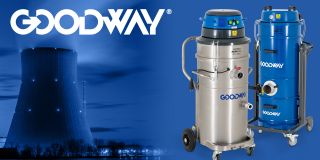Fusion power? Yes!

Ken Petersen
president@ans.org
I have jumped on the fusion power bandwagon! Power from fusion is going to happen. When I look at it, there are several factors that reinforce this. Technology has advanced and moved from basic science/research to engineering solutions. Several breakthroughs in supportive technologies have made fusion power plants a possibility. Finally—and most importantly—the private sector is heavily involved and investing to help move engineering solutions forward. This has resulted in a few dozen fusion companies developing different technologies with the same power generation goals. It is very reminiscent of the development of LW fission reactors in the 1950s and ’60s.
Technology has advanced in regard to materials and especially high-temperature superconducting magnets, high-energy lasers, and computer modeling. These improvements have allowed machines to become smaller and achieve the density, temperature, and time needed for fusion to occur.


